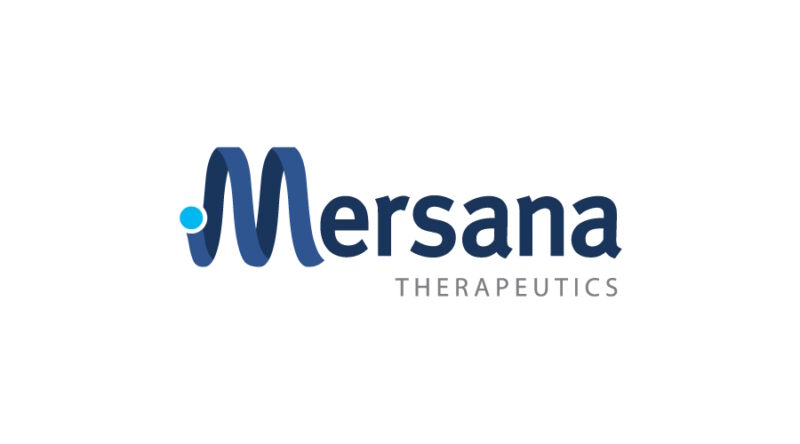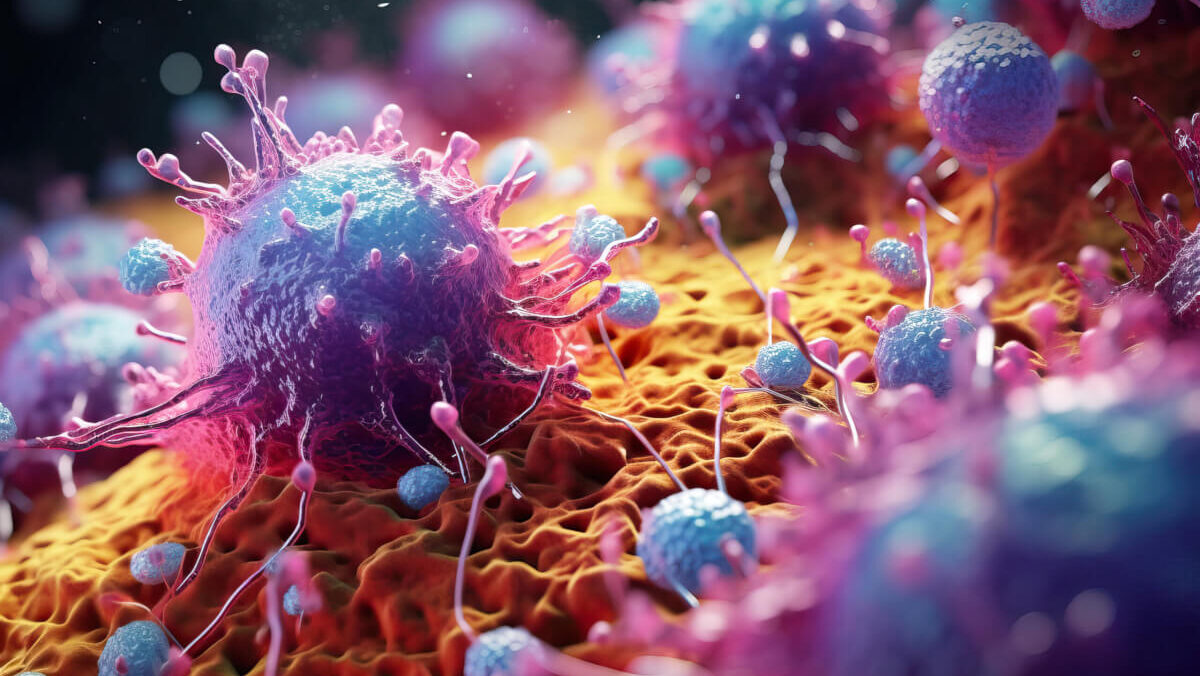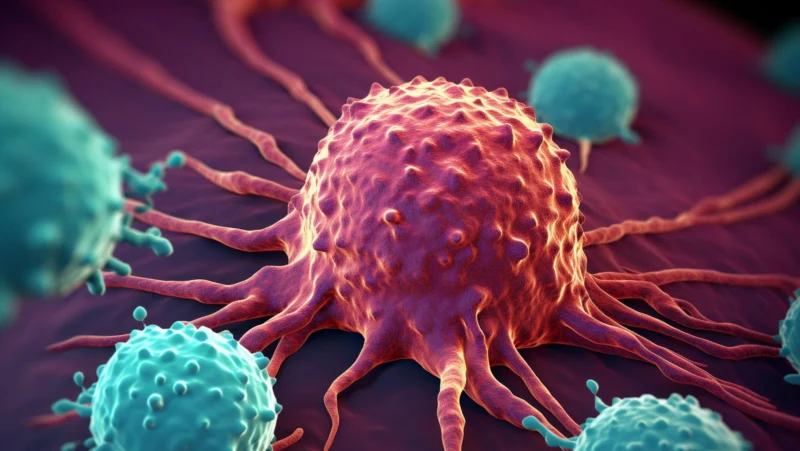As of December 13, 2024, the dose escalation portion of the Phase 1 clinical trial for Emi-Le (XMT-1660) enrolled 130 patients across multiple advanced/metastatic cancers, including triple-negative breast cancer (TNBC), hormone-receptor-positive, human epidermal growth factor receptor 2 negative breast cancer, ovarian cancer, endometrial cancer, and adenoid cystic carcinoma type 1. The enrolled patients were heavily pretreated, with a median of 4.5 prior therapy lines, including patients who had previously received at least one topo-1 antibody-drug conjugate (ADC). Notably, 44% of patients with known B7-H4 tumor expression had a tumor proportion score of 70% or higher, which Mersana has identified as “B7-H4 high.”
Emi-Le was generally well tolerated, with no Grade 4 or 5 treatment-related adverse events (TRAEs) reported. Common adverse events included transient increases in aspartate aminotransferase (AST), reversible proteinuria, low-grade nausea, and fatigue. Notably, no dose-limiting neutropenia, neuropathy, ocular toxicity, interstitial lung disease, or thrombocytopenia were observed, which the company believes differentiates Emi-Le from many other ADCs in clinical development or on the market. TRAEs leading to treatment discontinuation, dose reduction, and delays were relatively low, with 2.3%, 9.2%, and 12.3% of patients experiencing these effects, respectively.
At intermediate doses (38.1 mg/m2 to 67.4 mg/m2), the confirmed objective response rate (ORR) was 23% in evaluable patients with B7-H4 high tumors and 23% in patients with B7-H4 high TNBC who had been treated with at least one prior topo-1 ADC. This response rate is particularly notable when compared to the results seen in the ASCENT Phase 3 trial of sacituzumab govitecan, a topo-1 ADC, which showed an ORR of approximately 5% with chemotherapy in relapsed/refractory TNBC.
Given the promising clinical activity observed in this early-stage trial, Mersana has advanced a dose of 67.4 mg/m2 of Emi-Le every four weeks into an expansion cohort for patients with TNBC who have received one to four prior treatments, including at least one topo-1 ADC. This expansion cohort aims to further evaluate the potential of Emi-Le as a treatment option for patients with difficult-to-treat cancers, particularly those with B7-H4 high tumor expression.
For Further Reading, “A Study of XMT-1660 in Participants With Solid Tumors.”
Martin Huber, President and Chief Executive Officer of Mersana Therapeutics, added:
“We believe the initial safety, tolerability and efficacy data for Emi-Le demonstrate a profile that is exciting and differentiated within both the B7-H4 field and the broader ADC landscape. We have observed clinical activity across tumors, including in heavily pre-treated patients with TNBC. These clinical data have led us to initiate expansion in patients with TNBC who have previously been treated with at least one topo-1 ADC, a population with very high unmet need.”
About Mersana Therapeutics
Mersana Therapeutics is a clinical-stage biopharmaceutical company dedicated to advancing the development of novel antibody-drug conjugates (ADCs) with the goal of providing new and effective treatment options for cancer patients. The company’s focus is on creating highly targeted therapies that can deliver potent anti-cancer agents directly to cancer cells, minimizing damage to healthy tissue. Mersana’s proprietary ADC platforms, Dolasynthen and Immunosynthen, drive its pipeline of product candidates designed to treat a wide range of cancers.
The Dolasynthen platform is centered on the development of cytotoxic ADCs, which utilize potent chemotherapy agents linked to antibodies that specifically target cancer cells. This targeted approach helps ensure that the toxic agents are delivered directly to tumors, reducing systemic side effects. The Immunosynthen platform, on the other hand, focuses on developing immunostimulatory ADCs, which aim to activate the immune system to target and destroy cancer cells, offering a new strategy for cancer treatment through immune system modulation.

Mersana’s pipeline includes several promising product candidates, including Emi-Le (emiltatug ledadotin; XMT-1660), a Dolasynthen ADC targeting B7-H4, a protein frequently expressed on a variety of cancers. Additionally, the company is developing XMT-2056, an Immunosynthen ADC designed to target a novel epitope of human epidermal growth factor receptor 2 (HER2), a protein overexpressed in certain cancers such as breast and ovarian cancer. Mersana is committed to advancing these therapies through clinical development to address unmet needs in oncology and improve outcomes for patients.



